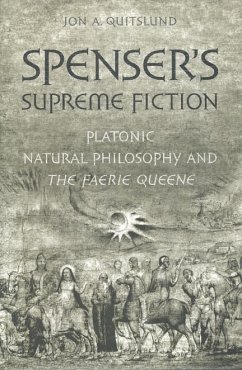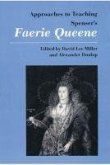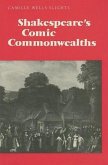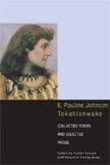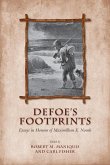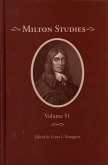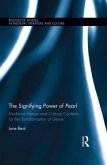In Spenser's Supreme Fiction, Jon A. Quitslund offers a rich analysis of The Faerie Queene and of several texts contributing to the revival of Platonism stimulated by Marsilio Ficino's labours as a translator and interpreter of Plato and the ancient Neoplatonists. To the old issue of the scope and character of Spenser's Platonism, Quitslund brings fresh insights from contemporary views on gender and identity, intertextuality, and the centrality of fiction within all aspects of Renaissance culture. He argues that Spenser sought authority for his poem by grounding its narrative in a divinely ordained natural order, intelligible in terms derived from the ancient sources of poetry and philosophy. Passages central to the poet's world-making project are shown to be intertextually linked to Book VI of the Aeneid and to Plato's Symposium, regarded in the commentaries of Landino and Ficino as explanations of the gentile prisca theologia, a cosmology parallel to the tenets of Christianity. The first half of the book examines Spenser's representation of the macrocosm and its replication in human nature's lesser world in the light of divergent tendencies within humanism. The legacy of Plato is shown to be especially important in the esoteric tradition, which made the province of natural philosophy part of the soul's itinerary back to its otherworldly origins. In the second half, The Faerie Queene is interpreted as an unfolding pattern: the dynamic order of nature is flawed but not fallen, and seen against that background, human culture contains in its myths and images both corruptions of natural impulses and aspirations to transcend the limits imposed by mortality.
Hinweis: Dieser Artikel kann nur an eine deutsche Lieferadresse ausgeliefert werden.
Hinweis: Dieser Artikel kann nur an eine deutsche Lieferadresse ausgeliefert werden.

